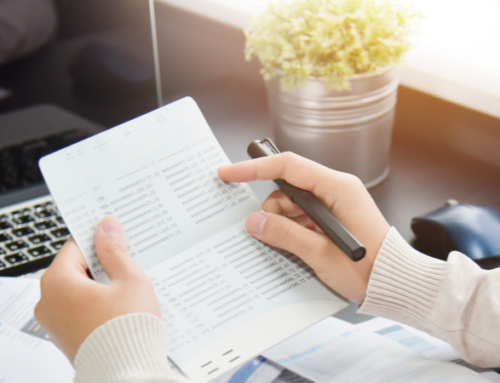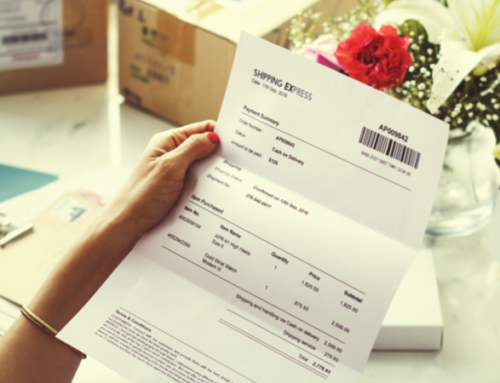Sometimes home buyers think they’ll be able to get away with making a large purchase just after they’ve been approved for a mortgage.
But charging up a ton of debt on your credit card before you’ve closed on your new home isn’t a smart move. In fact, all that debt could sink your mortgage application and kill your real estate deal.
When home buyers go to get approved for a mortgage, the lender takes a snapshot of their financial life. The lender pulls a copy of the borrower’s credit history and credit score, and then looks at bank account statements and tax returns.
If the lender approves the borrower for a loan, the lender will expect his or her financial picture to remain roughly the same up until after the loan closes.
What many borrowers don’t realize is that the lender may take another financial snapshot of their lives just before the closing. The second pull of your credit history and credit score could come any time within a week or two of your scheduled closing date.
The lender is just checking to make sure nothing has gone wrong or changed with your credit. What the lender doesn’t want to see is a huge run-up of credit card debt or other loans in the days before the loan closes. The lender will generally also require the borrower to sign a statement at closing affirming that there has been no change in the borrower’s financial ability to repay the loan and the borrower’s employment status remains the same.
And yet, many times borrowers will get approved for their mortgage and then run out and buy a new car.
If you buy a Corvette two weeks before closing and you get a loan to pay for the car, or even if you lease it, that information will immediately get posted to your credit history and your mortgage lender will see it. The lender will also know how much you’re going to pay each month for that loan, and that car payment will have a direct impact on whether the lender feels you’ll be able to afford your new home loan.
Sometimes home buyers make a list of all the list of things that need to be bought for the new property, such as appliances, window treatments, furniture, carpeting, or other items. Do these items need to be bought before you’ve closed on the property and moved in? Most of the time, the answer is “no.” But, it’s easier to buy these things and have the movers move them, and so your credit cards can easily take a beating in the month leading up to the closing.
How much debt are we talking about? Often, home buyers spend up to $10,000 buying new stuff for their new home. For many buyers, that’s enough to throw your debt-to-income ratios out of whack.
When you start changing your debt ratios, lenders get nervous. You don’t want your debt-to-income level to be seriously out of whack a few days before the closing. Suddenly, to the lender, it will look as though you’ve lost your financial mind.
The consequences can be fairly severe: If your debt ratios change by too much, the lender may decide that you don’t fall within the prescribed limits for your particular loan. The loan could then be canceled, leaving you without financing in the days before your closing. You’ll have to start shopping around to find a new mortgage lender who can close in a short period of time. If you can’t close, you may default on your contract with the buyer. And since you’ve probably already arranged to move out of your current residence, you could wind up without a place to live.
A less drastic scenario is that the interest rate, fees, or payment terms of your loan may change. Your added debt might change your credit score and your lender may no longer be willing to loan you the money at the rate promised but rather at a higher rate. This could leave you with higher initial or monthly costs in the short term. But you might also have a long-term problem, especially if you can’t find replacement financing or you can’t afford the new interest rate charges.
The solution to these issues is to stop spending, at least between the time you apply for your mortgage and you close on the property. Once you’ve closed on your new home, you can start buying stuff.
But if you’re able to wait a bit before you buy the big stuff, you should. Buying a home is costly enough. But homes have ongoing maintenance issues, and need repairs from time-to-time. If you start spending like a mad, and don’t put any cash aside for needed repairs, you may discover that your new home is unaffordable.
If, however, you can make do with your old furniture for awhile, bank the savings, and avoid increasing your credit card debt, you’ll find it easier and more rewarding to be a homeowner.
Published: Nov 4, 2007




The one thing I think is missing from this article is whether a person should even use their credit cards *at all*, like $20 for gas or groceries if needed. I sometimes forget my bank card at home, rarely carry cash, and then my CC is my only option. I don’t want to be completely restricted if avoidable, but also do not want to cost myself a house which we close on in a week and a half! Any advice?
Thank you very much. 🙂